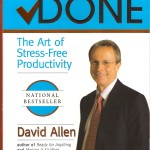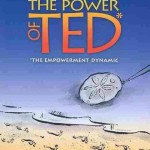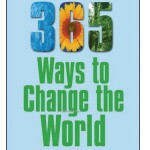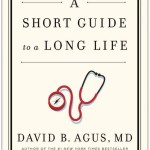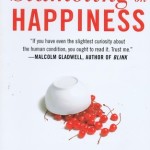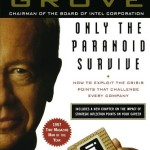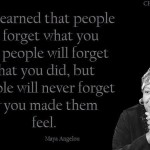“Self-esteem is the reputation we acquire with ourselves.” Of all the judgments you make in life, none is as important as the one you make about yourself. The difference between low self-esteem and high self-esteem is the difference between passivity and action, between failure and success. Now, one of America’s foremost psychologists and a pioneer in self-esteem development […]
The Emotional Life of your Brain
– Richard J. Davidson and Sharon Begley
“recent research has shown that when we empathize, the brain activates many of the same networks as when we ourselves experience pain, physical or otherwise.” What is your emotional fingerprint? Why are some people so quick to recover from setbacks? Why are some so attuned to others that they seem psychic? Why are some people […]
Feeling Good: The New Mood Therapy
– David D. Burns
“When two people respect each other, the ability to be vulnerable and to reveal hurt feelings can create a powerful emotional connection that is the source of real intimacy and friendship.” The good news is that anxiety, guilt, pessimism, procrastination, low self-esteem, and other “black holes” of depression can be cured without drugs. In Feeling Good, […]
On Becoming a Person – Carl Rogers
“The curious paradox is that when I accept myself just as I am, then I can change.” The late Carl Rogers, founder of the humanistic psychology movement, revolutionized psychotherapy with his concept of “client-centered therapy.” His influence has spanned decades, but that influence has become so much a part of mainstream psychology that the ingenious […]
Phantoms in the Brain
– V. S. Ramachandran
“Any ape can reach for a banana, but only humans can reach for the stars.” Neuroscientist V.S. Ramachandran is internationally renowned for uncovering answers to the deep and quirky questions of human nature that few scientists have dared to address. His bold insights about the brain are matched only by the stunning simplicity of his […]
The Man Who Mistook His Wife for a Hat
– Oliver Sacks
“If a man has lost a leg or an eye, he knows he has lost a leg or an eye; but if he has lost a self – himself – he cannot know it, because he is no longer there to know it.” In his most extraordinary book, “one of the great clinical writers of […]
